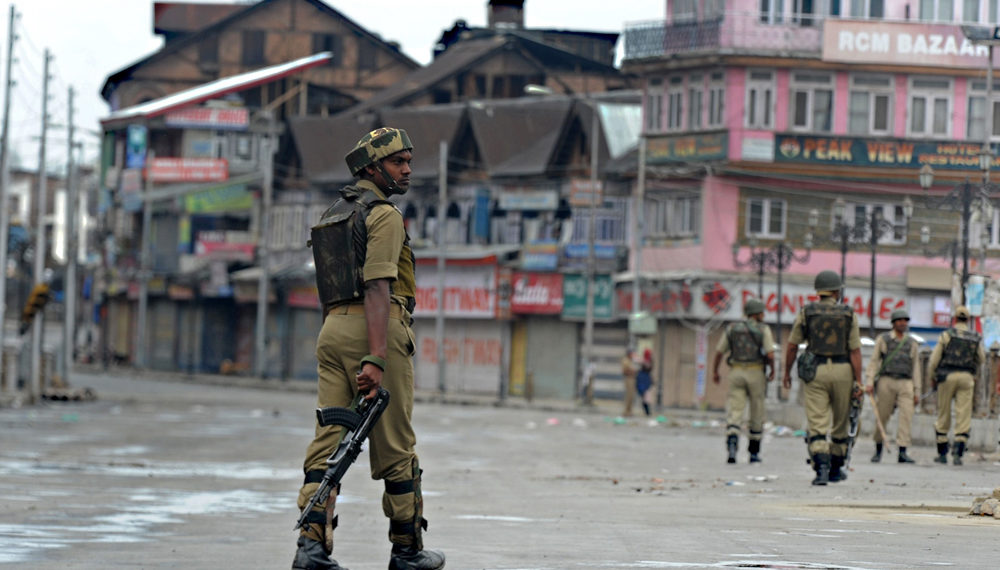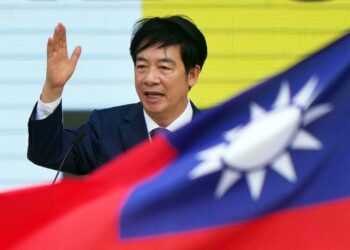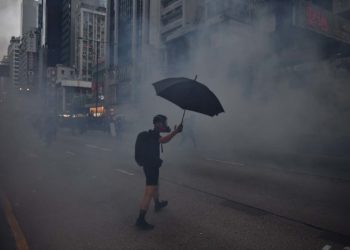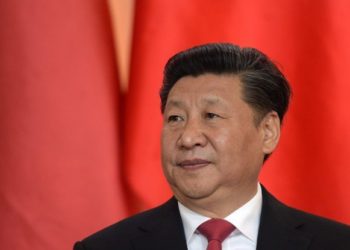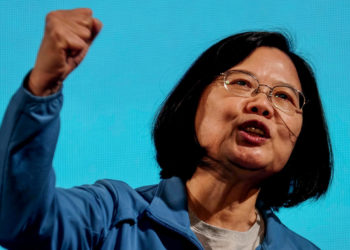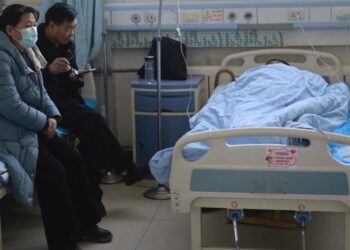A protester died after being chased by police and more than 100 people were arrested during a curfew in Kashmir’s main city after the restive region’s autonomy was scrapped by India, officials said Wednesday.
The death was confirmed by police after the government passed a presidential decree on Monday stripping the Muslim-majority state of its longstanding semi-autonomous privileges.
Despite a paralyzing curfew imposed to head off unrest, sporadic protests have been reported by residents in the main city, Srinagar.
A police official, speaking on condition of anonymity, told AFP that in one incident a youth being chased by police “jumped into the Jhelum river and died.”
The incident happened in Srinagar’s old town which has become a hotbed of anti-India protests during the three-decade insurgency in Kashmir that has left tens of thousands dead.
A source told AFP that at least six people have been admitted to hospital in Srinagar with gunshot wounds and other injuries from protests.
More than 100 people, included political leaders and activists, have been arrested as part of the lockdown for being a threat to the peace in the Himalayan valley, officials told the Press Trust of India.
Former chief ministers Mehbooba Mufti and Omar Abdullah, along with regional party leader Sajad Lone, were placed under house arrest at the weekend and then reportedly taken to a guesthouse by authorities.
Modi’s Gamble
Prime Minister Narendra Modi’s strongarm move to tighten control on Muslim-majority Kashmir is a gamble that could trigger conflict with Pakistan and re-ignite an insurgency that has already cost tens of thousands of lives, experts warn.
Revoking Kashmir’s special status, stripping away constitutionally guaranteed privileges to land and jobs, is widely seen as Modi’s most brazen effort yet to push his Hindu nationalist agenda after a landslide election victory in May.
His government insists it will bring peace and prosperity, but the massive military reinforcement that accompanied the measure is a clear acknowledgment of the underlying risks.
While many Hindus celebrated, the Kashmir valley was smothered under one of the heaviest security clampdowns it has seen.
D.S. Hooda, a retired lieutenant general who once commanded Indian forces in Kashmir, voiced fears of “anger, alienation and law and order disturbances.”
India already had 500,000 troops in Kashmir before the reinforcements arrived.
How will Pakistan React?
Another key concern is Pakistan, whose Prime Minister Imran Khan vowed Tuesday to challenge India’s “illegal” action at the U.N. Security Council.
Late Wednesday Islamabad took a step further, announcing it was expelling the Indian High Commissioner and suspending bilateral trade in a downgrading of diplomatic ties over the decision.
The nuclear-armed rivals have already fought two wars over Kashmir, which is divided between the two countries and claimed by both.
Earlier this year they came close to war yet again, after a militant attack in Indian-held Kashmir was claimed by a group based in Pakistan, igniting tit-for-tat airstrikes.
Ankit Panda, a New York-based geopolitical analyst, stressed that Kashmir was a “core” interest of the Pakistan military which dominates the country’s foreign and security policy.
“So we may see Pakistan step up its attempts to raise tensions … or Pakistan increasing its use of non-state groups to begin attacking Indian paramilitary personnel in Kashmir,” Panda said,
“If the Pakistani military decides it’s going to react in that way …things start to get very dangerous.”
Indian Home Minister Amit Shah, a key architect of Modi’s action, compounded international concerns when he told parliament that uniting Kashmir – including a small section under Chinese control – was a cause worth dying for.
Sadanand Dhume, an analyst at the American Enterprise Institute in Washington, said it was still too early to say if Modi’s move would be seen “as a wise decision or an historic blunder.”
“But two things are clear: India has ignored Kashmiri sentiment, and taken a risky decision with almost unfathomable implications,” Dhume said.


